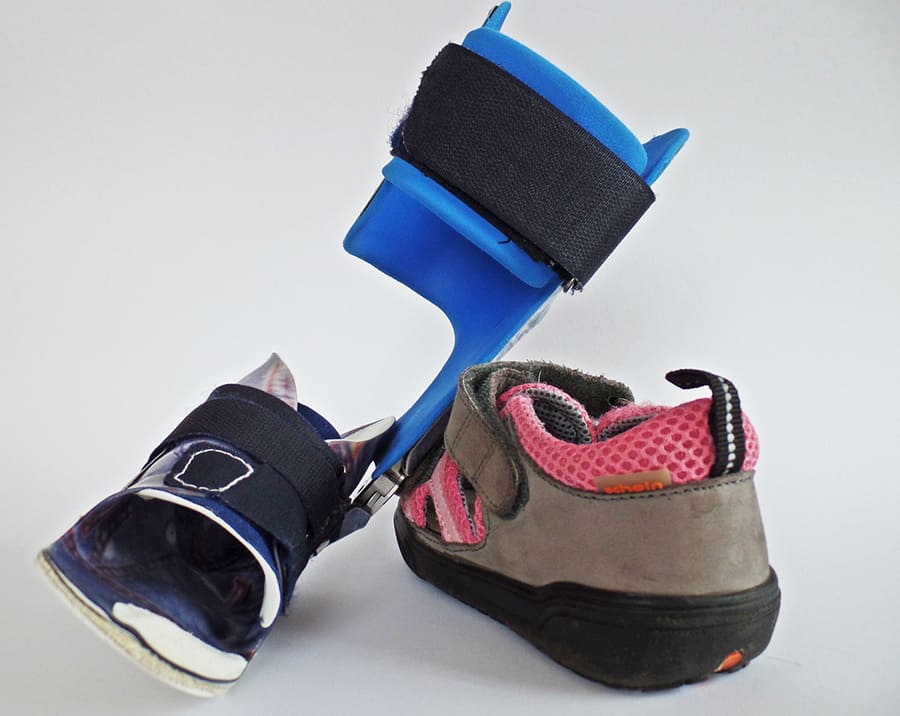142 to 477 prosthetists and orthotists are needed in the UK to meet WHO standards of care

A new study from Staffordshire University has revealed a “critical” shortage in the number of UK prosthetists, orthotists, prosthetic and orthotic technicians, and support workers.
The report, entitled ‘Exploration of the UK Prosthetic and Orthotic Workforce’, by Staffordshire University’s Centre for Biomechanics and Rehabilitation Technologies (CBRT), launched on 6 November 2023. It was commissioned by the British Association of Prosthetists and Orthotists (BAPO).
The research found there are currently 631 orthotists and 295 prosthetists employed nationwide. However, an additional 142 to 477 prosthetists and orthotists are needed to meet World Health Organization (WHO) standards of care.
“This workforce shortage is worrying,” said Professor Nachi Chockalingam, Director of CBRT and a senior author of the study. “With our ageing population, demand for prosthetic and orthotic services will only increase. We urgently need strategies to grow and sustain this profession.”
The study further identified a lack of qualified technicians and support workers to support prosthetist and orthotist teams, with a shortage of 1,133 to 1,803 individuals by WHO benchmarks.
Significant recruitment challenges were reported by both NHS and private sector employers. Worryingly, the research uncovered that 43.5 percent of UK NHS trusts/health boards and 57 percent of private companies who had prosthetist and orthotist workforce vacancies had not been able to recruit.
“This landmark report provides the hard evidence we need to take action,” added Dr Nicky Eddison, the lead researcher. “Working with professional bodies, higher education institutions and the industry we must inspire the next generation and make prosthetics and orthotics an attractive career choice.”
The report highlighted concerning retention issues as well, with 20 percent of prosthetists and orthotists indicating they may leave the field in the next five years. Key factors driving attrition include lack of career progression, poor work-life balance, and lack of flexibility.
Another senior author, Dr Aoife Healy, commented: “Prosthetist and orthotist is an incredibly skilled profession that allows for a high degree of creativity combined with cutting-edge technology to transform patients’ lives.”
Peter Illif, Chair of the British Association of Prosthetists and Orthotists said: “We need to nurture these professionals so they feel valued and able to thrive throughout their careers. BAPO has pledged to implement the report’s recommendations around enhanced educational programs, expanded roles for prosthetic and orthotic technicians and support workers, and greater collaboration to sustain the workforce.”
According to the report, prosthetists and orthotists appear to lack the knowledge/skills to carry out mental health and wellbeing checks and provide trauma informed care. They also seem to lack skills/knowledge of public health.
In addition, almost one-third of support workers felt they did not currently have the skills to carry out their job, and 31 percent felt they could be better utilised and have skills that are not being used.
The report recommends that initiatives should take place to help address gaps in the current skills of prosthetists and orthotists alongside the skills required for the future of the professions.
“With commitment from all stakeholders, we can build the prosthetic and orthotic workforce needed to provide quality care to all who require it,” Professor Chockalingam concluded. “We look forward to partnering across the health sector to make this vision a reality.”
Professor Nachi Chockalingam has previously written an exclusive article for AT Today about the effect of changes to ankle foot orthoses when walking in children with cerebral palsy. Read it here.

